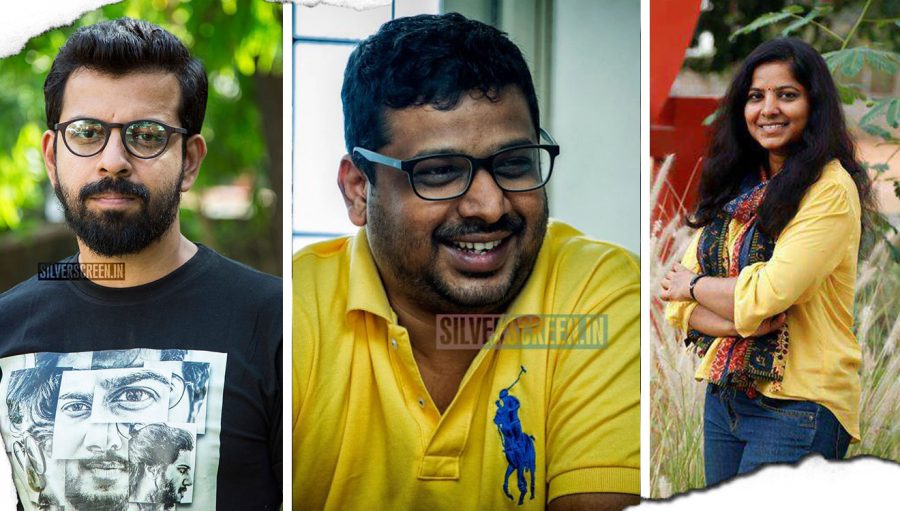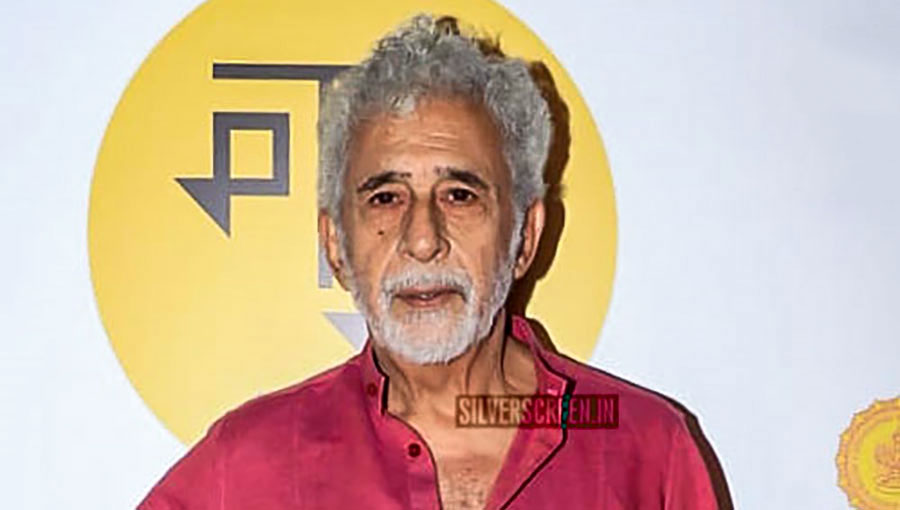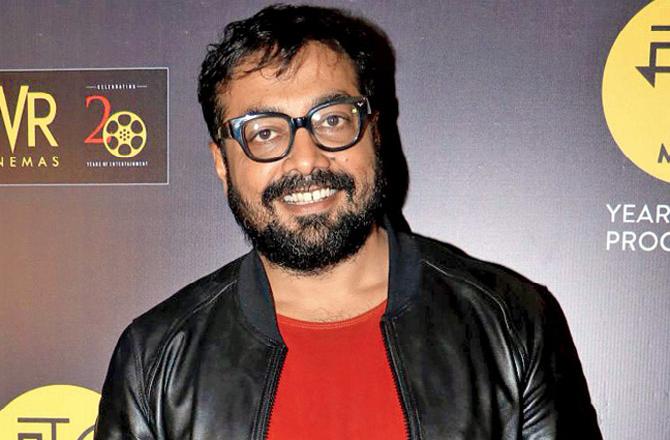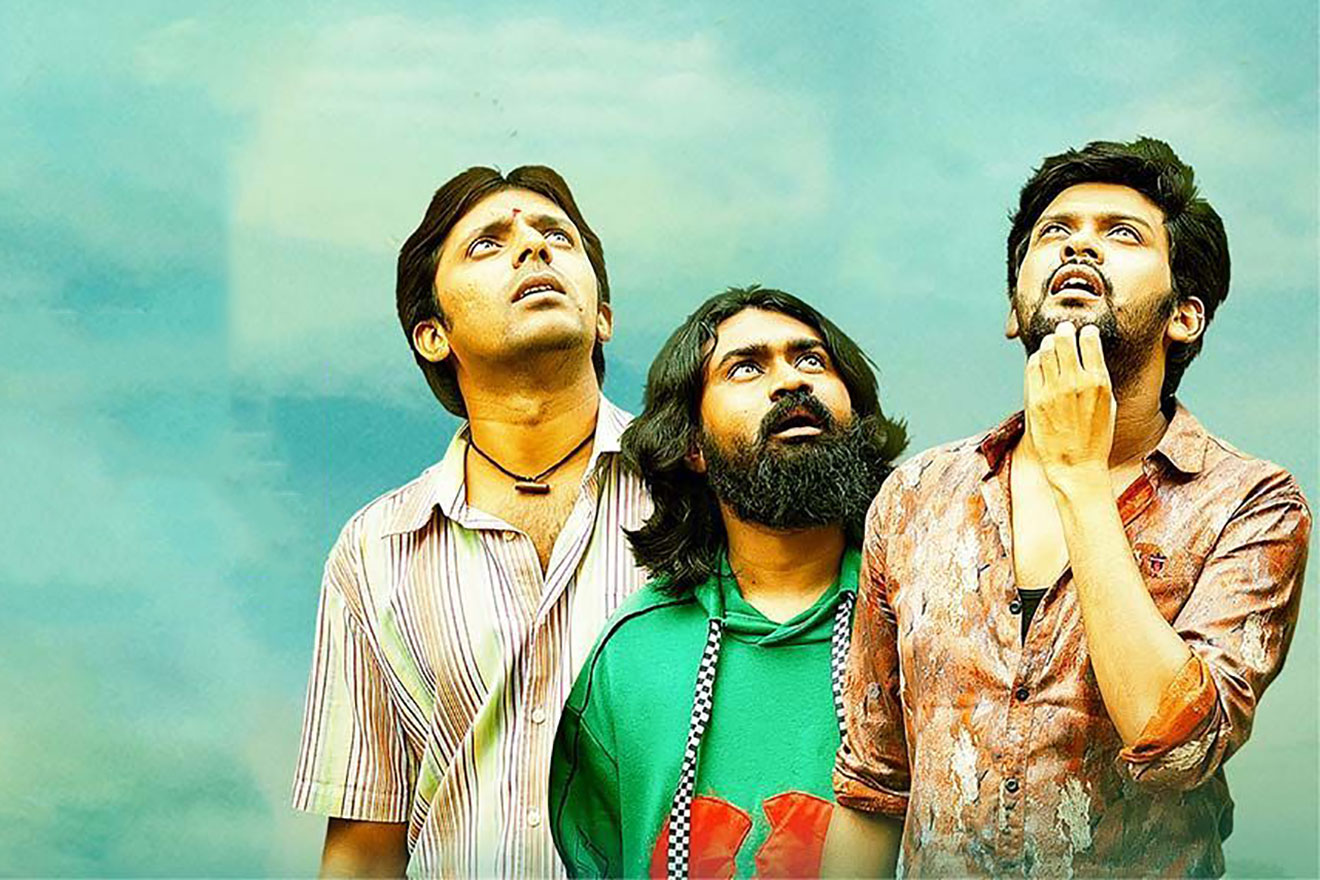Criticising the proposed amendments to the Cinematograph (Amendment) Bill 2021, a group of filmmakers, academicians and students drafted a letter in response to the Information and Broadcasting Ministry’s notification seeking public comments on the bill draft.
The proposed amendments aim to introduce age-based certification, stricter curbs for piracy, and allow the Centre to direct the Central Board of Film Certification (CBFC) to re-examine the certification of a film.
The letter states, “The amendments giving powers to the Central Government to revoke a film certificate must be dropped.”
Filmmakers and actors such as Mira Nair, Vishal Bhardwaj, Saaed Akhtar Mirza, Sudhir Mishra, Zoya Akhtar, Anubhav Sinha, Dibakar Bannerjee, Farhan Akhtar, Shabana Azmi, Suriya, Mani Ratnam, Vetri Maaran, Pa. Ranjith, Gautham Vasudev Menon, Karthik Subbaraj, Leela Manimekalai, Dilesh Pothan, Lijo Jose Pellisery, Rajeev Ravi, Venu, Kamal KM, Resul Pookutty, Aparna Sen, Suman Mukhopadhyay, Supriyo Sen, are among the many signatories.
Speaking to Silverscreen India, director Bejoy Nambiar criticised the proposed amendments and said, “It is another attempt to muzzle the arts. The government just wants to take control of our voices and force us to fight for our freedom. The proposed amendment is a joke.”
He also said if the bill with the amendments comes into force, filmmakers will have to keep aside a legal budget for every film they decide to make.
Director Leena Manimekalai echoed his sentiments and said, “I wonder if this is Nazi Germany or democratic India. The new amendments will give the union government all the power to revoke or recall certification of films that have already been cleared by the CBFC. Isn’t this undermining the sovereignty of the CBFC and the courts? Looks like the present union government wants only a single narrative that will sing its praise and push its divisive bigoted Hindu nationalist state.”
Adding that the amendments make “no sense logically”, director CS Amudhan said it should be resisted and opposed by every stakeholder in the system starting from the audience to the filmmakers. “Once the CBFC has cleared a film, asking to re-censor it is a redundant process. The CBFC is supposed to be a certifying board, so we are already fighting about the censorship. There are no guidelines as to why they censor things. They will just say ‘this is demeaning to somebody’ or ‘this shows somebody in bad light’. But I am allowed to show somebody in bad light and I am allowed to have my point of view. We are already told what to keep and what to cut. Now if another body comes in to re-censor, then it takes away our right to speech and also the audience’s right to see what we originally put in the film.”
The letter, dated July 2, also recommended that the government reinstate the Film Certification Appellate Tribunal. The FCAT, whose role was to hear the appeals filed by any applicant for a film certification unhappy by an order of the CBFC, was dissolved in April.
Recommended
Expanding on how this affects filmmakers, Leena said, “If I had made Maadathy or my first film Sengadal now (both of which were cleared after the intervention of the FCAT), I would have been left with no option but to appeal in the High Court and wait until the overburdened judicial system took up the matter. It is a nightmare to even think on those lines. This is a death knell on creative freedom and political expression.”
The Maadathy director further added if the FCAT remains dissolved then the CBFC too should be banned. “Why only the FCAT? CBFC should also be abolished. It smells like the rotten corpse of colonialism. Like in the West, it should be an independent committee that just rates films for exhibition and not this slave of the state. If censorship continues, let us stop calling this state a democratic state. Isn’t patriotism the last refuge of a scoundrel?”
The letter drafted by the filmmakers also stressed that the Cinematograph (Amendment) Bill 2021 must clearly define the role of the CBFC “as a body which certifies film content for public exhibition and not as a censoring body.”
Other filmmakers and actors, such as Pa Ranjith, Suriya, Gautham Menon, Onir, SR Prabhu, Karthi, Vishal, Karthik Subbaraj, and many others, took to social media and expressed their disapproval of the Cinematograph (Amendment) Bill 2021.

Actor-turned-politician Kamal Haasan also recently criticised the proposed amendments to the Bill. “Cinema, media and the literati cannot afford to be the three iconic monkeys of India. Seeing, hearing and speaking of impending evil is the only medication against attempts to injure and debilitate democracy,” he wrote.
The new bill proposes to amend the certification of films under the “unrestricted public exhibition” category. This has been done in order to further sub-divide the U/A category into U/A 7+, U/A 13+, and U/A16+.
The letter drafted by the filmmakers recommended that the Cinematograph Act must be amended to include a clear definition of ‘public’ exhibition and bring under its purview only commercial films with substantive capital investment and revenue models tied to theatrical exhibitions.
While the letter welcomed the move to address film piracy-related concerns, it also noted that since “the existing law penalises piracy, there is no need to introduce further penal provisions.” Instead, it urged the Ministry to evolve “creative and effective means of tackling piracy in a systematic manner and not be limited to introducing a penal provision.”



